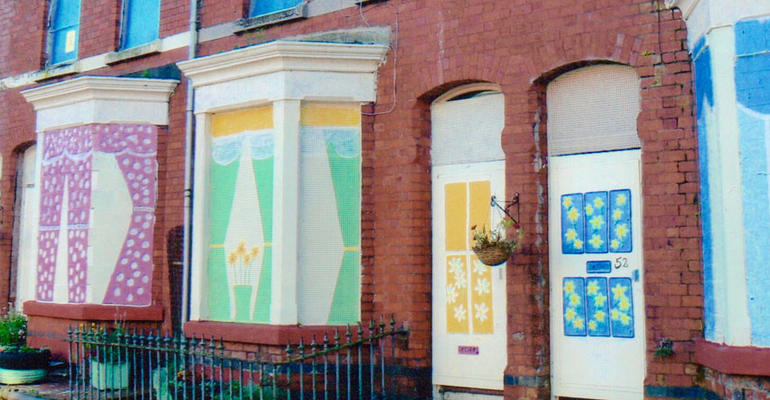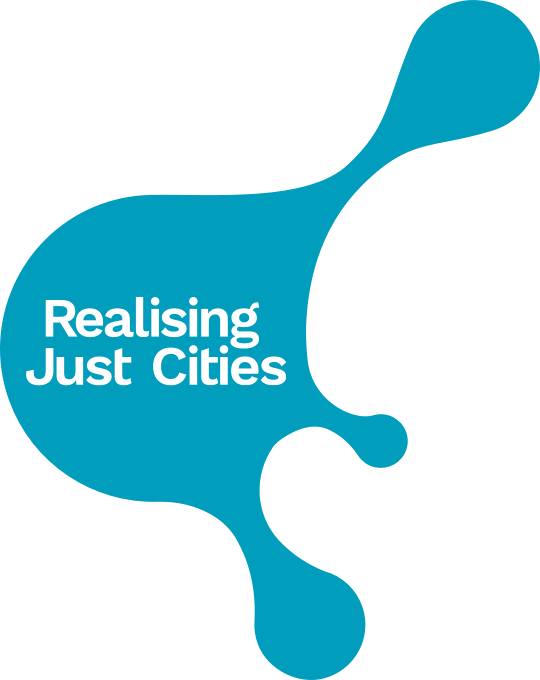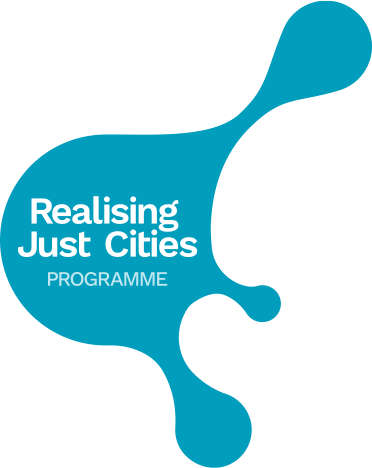Why are there no Community Land Trusts in Greater Manchester?

Community land trusts (CLTs) have been celebrated as a potential model for neighbourhood revival in areas of disinvestment and neglect. In the face of concerns about communities in many cities being displaced by rising land values, advocates hope that CLTs can also provide a way of enabling existing residents to remain in their homes and neighbourhoods.
CLTs operate by holding land in a not-for-profit trust, with supporters arguing this protects against property speculation while preserving assets for community use. Others have highlighted the highly technical and complex nature of such an initiative, making their establishment and sustainability highly challenging in areas which lack a strong history and continued presence of effective civil society coalitions for community organizing and community ownership.
The CLT model has largely been introduced to the UK through approaches tried and tested in the US but was initially a rural phenomenon. The East London CLT supported importantly by London Citizens, and the famous Granby Four Streets in Liverpool have demonstrated that CLTs can offer solutions in UK cities.
The next event in the Housing Futures GM series engages with these debates and developments to explore what Community Land Trusts may have to offer low-income neighbourhoods in our own city-region. Here, Dr Tom Moore responds to some questions in advance of this event on Thursday 19 July (at which he is a panelist), sharing reflections based on his own research into the urban CLT movement in the UK.
What is a Community Land Trust?
A community land trust is an organisation formed and managed by local residents to provide benefits to their local communities. CLTs are often used to provide affordable housing, but one of their key features is their commitment to local democratic decision-making and community control.
What kind of research have you done into CLTs?
I’ve been lucky enough to have worked with CLTs for around 10 years. When I started, there were very few of them in the country, so a lot of my research was focused around how and why they form, the barriers to development, and how they obtain resources. Over time, I’ve started to look at the impact of urban community land trusts, and at the way the sector is forming with the emergence of new community-led housing hubs which aim to support local residents with their plans.
At Housing Futures, we are particularly interested in what CLTs can offer neighbourhoods facing decline or gentrification in Greater Manchester. What do you think CLTs have to offer in these types of places?
CLTs can work in a number of contexts, but many of the most well-known ones in places like the USA have started to fight gentrification. CLTs can help give voice to local residents who might otherwise be marginalised in planning and development processes, as well as the practical benefit of providing affordable housing that is legally protected from private profit and speculation. So I’d suggest they have lots to offer, both in cities where gentrification is a problem and residents are displaced, and in neighbourhoods where the state or market has disinvested.
What has your research taught you about the main challenges involved in setting up a CLT and sustaining it over time?
It’s not easy! There’s barriers in terms of time, resource, and skill, but the great thing is that there is new Government revenue funding to support communities with accessing technical skills and support they need. There’s also issues in some areas of credibility and support from local government – there’s many great examples of local authorities supporting CLTs, but also areas where there is more caution or less support. Building those relationships and partnerships with external stakeholders is really important for the success and sustainability of CLTs.
You don't live in GM, but on the basis of your knowledge about the CLT movement, why do you think there are no CLTs as yet in the Greater Manchester area?
If you look around the country, the CLT ‘hotspots’ are in areas where there is a community-led housing hub or enabling service – basically an organisation or group of people that are there to support communities form and develop CLTs. While there are some great CLTs in the North West, and a long history of co-operative housing in the region, this may be one explanation why CLT formation has been slower in Greater Manchester.
What are you most looking forward to about the Housing Futures event on Thursday 19th July?
Personally, I enjoy the chance to engage with activists, to hear their ideas and to share my research with them. But I’m also really looking forward to hearing from the other speakers, who will give great insight into some of the personal and practical dilemmas of setting up CLTs.




